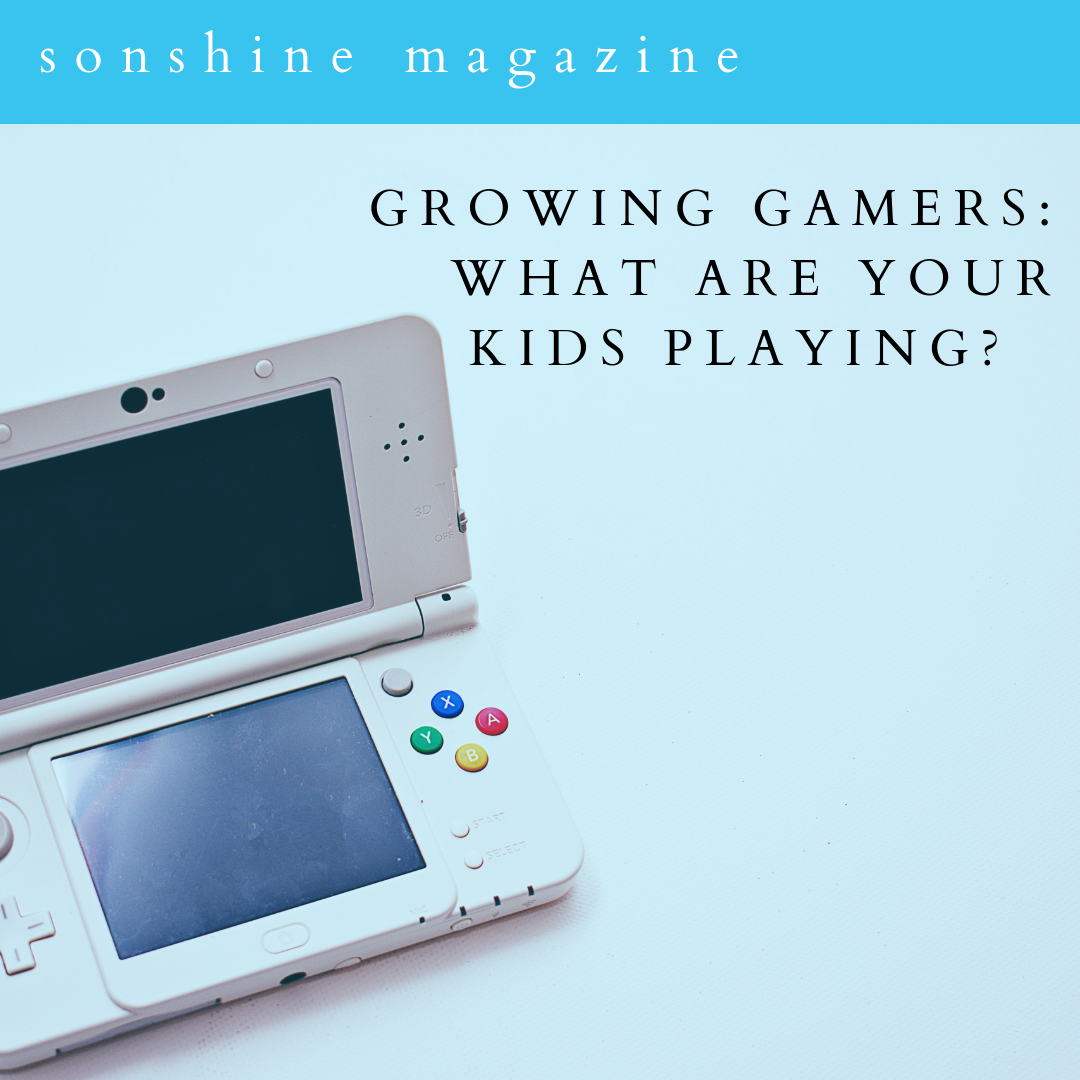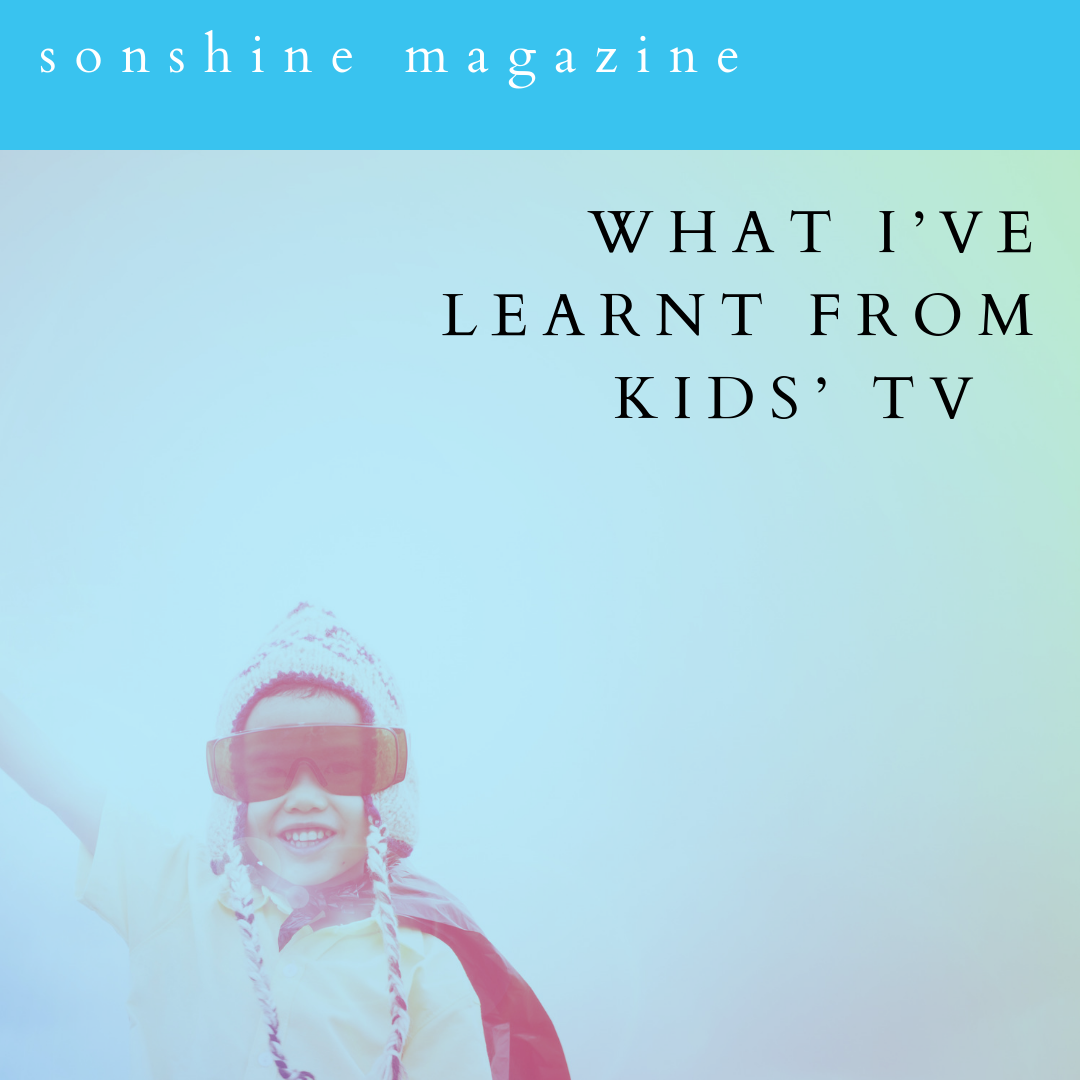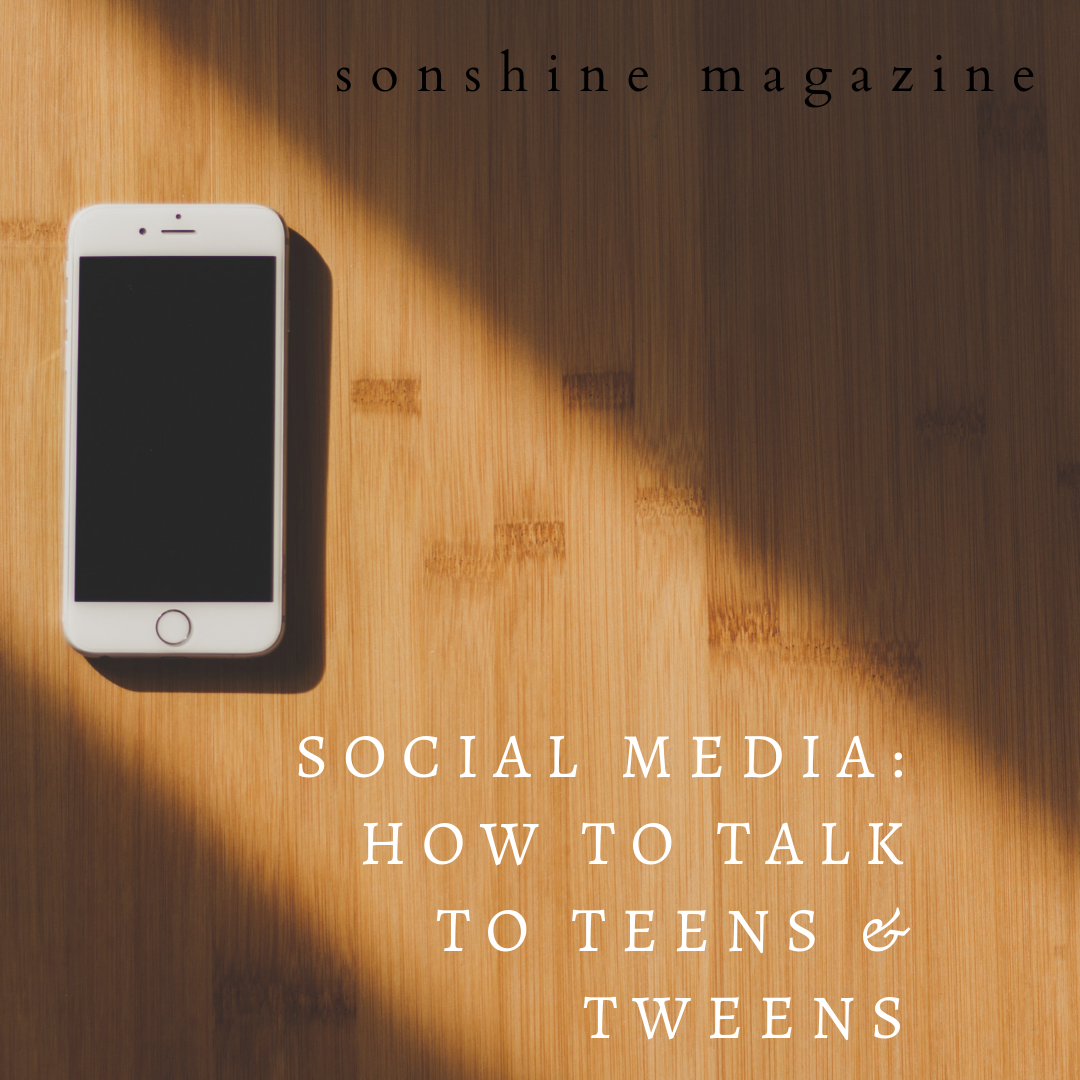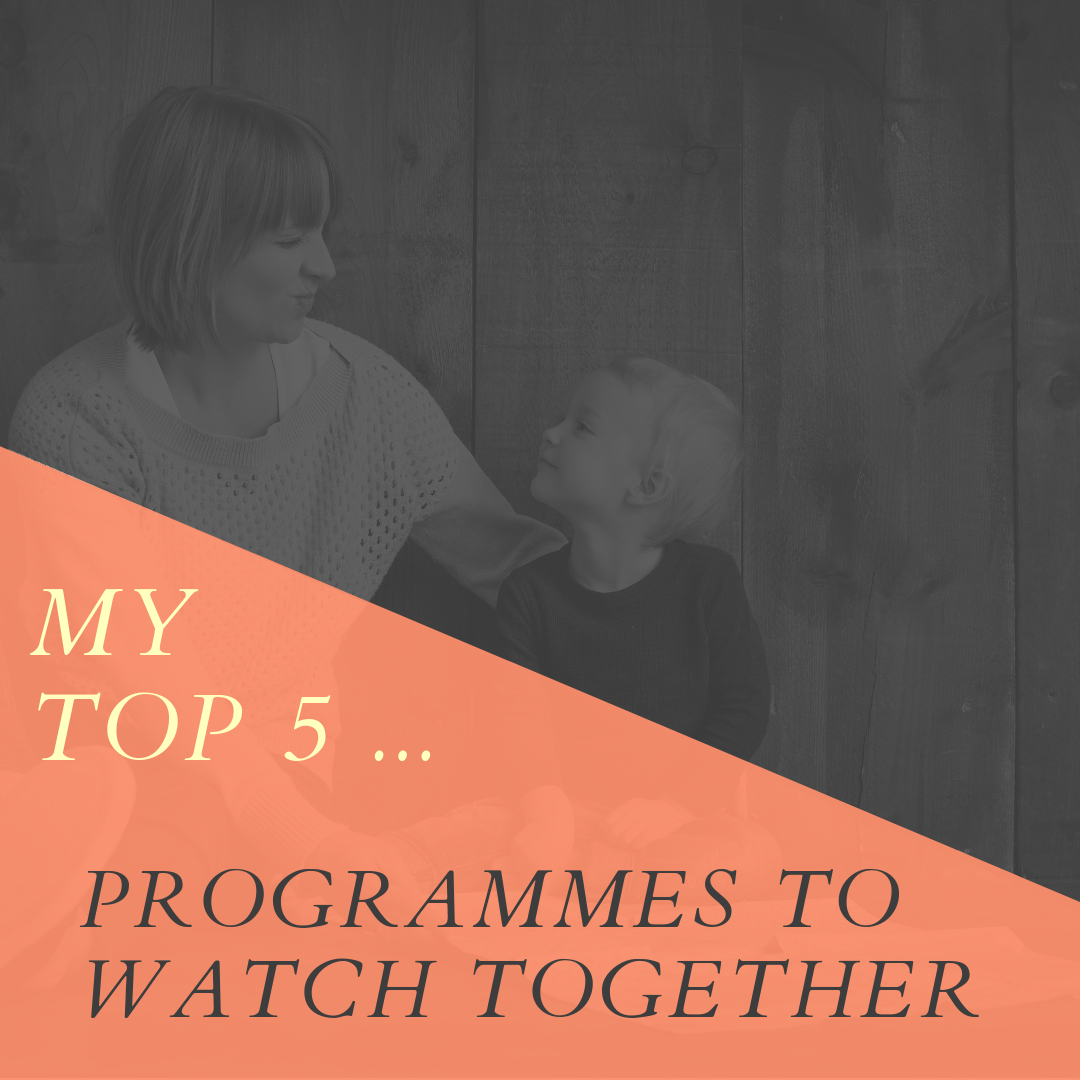Your Views: Educational Screen Time
There has been a blossoming in use of technology and screens to enhance education – both in schools and at home. While some see this as a welcome addition to our learning landscape, others see it as a cynical attempt to cut costs and market stuff to time-poor parents. We asked our parent panel for their views on screen time and learning.
Most of us grew up without a lot of screen-based tech in the classroom. So, do you think the apps and games or TV our kids have now enhance learning? Is it better or worse than what we had as children?
‘I'm not keen on screentime learning. It encourages them to want to be on a device all the time.’
‘In terms of what you can find out at your fingertips now, it’s amazing. They can find the answer to almost any question immediately. If I wanted to find something out about a particular subject, and my parents couldn’t help, I had to hope there was something in my children’s encyclopaedia, or remember it long enough to look for it in the library. Now, I sometimes make my children wait so they have hat experience of not knowing - I do think it was important to have to think about things myself without always thinking someone (or something) else will have all the answers.'
‘I definitely think screens grab kids’ attention more than reading a school book. Maybe this says something about how humans learn or that we need to make learning more fun.’
‘All communication and digital devices can help learning but this depends on the quality and exposure time. Personally I don't think there is a direct comparison between apps or games and TV. TV can be very engaging but generally, given its location and distance, and lack of physical engagement it can be walked away from, or interrupted. It is rare to see a child give up a phone and/or game willingly. Apps and games can be beneficial but are very intense and require a lot of close up focus on a bright screen. I think it is important they have a chance to interact with and understand the physical world, before being too immersed in the digital, as this will inevitably happen soon enough!’
‘At primary (age 7-10) we had one BBC Acorn computer for the whole school of roughly 500 kids. It was kept in the school entrance hall – maybe it was there as a school status symbol! And we occasionally watched Words and Pictures on a massive old telly they wheeled in on a giant stand. I still remember ‘magic e’ (which is what our kids call, less romantically, a split digraph) with great fondness. Those screen-based experiences are some of the clearest and most pleasurable memories of learning for me. I wonder if that was to do with how special it was though. Now they probably think of using computers like we did for using a book.’
Do you have any worries about your children using screens and tech for learning? (It seems everything is billed as learning these days - and maybe that’s reasonable - we could argue they are learning through play, of course.) For example, do you worry about data surveillance, or what information is being collected about them? Maybe in-app purchases make you concerned about teaching money matters and I’ve heard a lot of people worry about the possible impact on face to face social interactions. Or are these overblown for you?
‘Yes, I have some concerns, but they are no different to the concerns I have using the internet myself. However our children do not yet regularly use their own phone/iPad with an internet connection’
‘Concerns would just be common sense: if you stare at a bright light too long it’s not going to have a beneficial effect on you! Data storage is a much larger question, but I would limit the exposure where possible. Overall I would limit intense digital interaction where there is an alternative, I think there is very little evidence that it has a positive effect thus far in education or in personal development.’
'Yes. I worry that watching TV might become more important than conversations/being with friends and family.’
‘In my experience with my son games and screens can create a negative zombie-like obsession (even with thoughtfully well-designed, educational apps). Games on phones are often ‘free-to-play’ but involve in-game purchases (usually the quick way to level-up, a cheat) and this doesn't help the experience. I am experimenting with one game my son can play a little bit (30 mins tops) at the weekend or holidays which is a slow, puzzle-based, turn-based game which is made to look like a board game: 'Hitman GO' (although as you may imagine the game does involve being a hitman and is not designed for kids). This has generally been intriguing, frustrating and very satisfying for him, and heightened his appreciation of board games! This is six months after deleting every Lego Batman/SuperMario arcade-style video game from the iPad as his level of obsession was terrifying. I think understanding and appreciating what makes a well designed game is important and am keeping very limited time on it.’
‘I played a lot of early multiplayer games as a teen, and while it did take up a lot of time (!) I also think it taught me a lot. I had a lot of social interactions, and learnt a lot about playing in teams and so on. I also had to get good at things that are often overlooked, from fine motor control to multi-tasking or being able to react to audio and visual input concurrently. I leant a lot of coding terminology and jargon, which went on to be useful for demystifying things I came across at work. So it’s easy to forget or play down what you could be learning physically and mentally from games.’
Do your kids enjoy/know certain things because they have been exposed to them through screen-based content? Have you found some things stick better when explained through a game or a programme?
‘Yes, they have learnt many things from screens! On the positive side there are things like nature documentaries and thoughtfully-created children's TV. But on the negative we see a lot of constricting stereotypes and aggressive behaviour.’
‘Both my kids learnt new words through watching Peppa Pig. So it's not all bad. Everything in moderation.’
‘I’ve definitely seen they’ve learnt a lot about marine life from programmes like Octonauts - though I’m not sure they’d be able to recognise a real Spinner Dolphin or whatever from the cartoon one!’
‘NumberBlocks on CBeebies I think is really good at showing the simple patterns in numbers - I often think I wish someone had shown me those sorts of things earlier snd so visually.’
‘When my daughter managed to sit through a whole football match on TV, the bird’s-eye view perspective meant she began to understand how the whole game worked. And she was able to apply some of the things she learnt playing with her mates the next day. I think it’s easy to forget that these things go back and forth.’
Would you particularly recommend any games or apps or TV programmes for learning?
‘Toca Boca do good learning apps but I just don't think they are really needed in the early years they are designed for.'
‘I love Reading Eggs - it's an Australian app, interactive and fun games for maths & reading.’
‘We’ve downloaded the Get Well Soon app with Dr Ranj, and both kids love it. It has songs and little videos and a funny X-ray machine. They’ve learnt all sorts of thing about how their bodies work and what happens in hospitals - I even heard the youngest saying one of the bears needed a naso-gastric tube recently. I think this would be extra useful for kids who needed to go to hospital and were worried about it.’
‘We’ve watched a lot of nature documentaries, like Blue Planet and Springwatch. I definitely think these programmes have given us all a better understanding of the natural world, and I’ve enjoyed sharing that time together.’
Finally, what are your feelings generally about screen use in learning? Do you see its benefits or its negatives?
‘Keep it to minimal use. Screens and online based learning are a lot cheaper than teachers…’
‘My son, now bereft of computer games does enjoy IXL (the school’s preferred maths digital learning platform), but the ‘rewards’ can become a bit meaningless, rather than praise from a teacher or peer group.’
‘I don't think it's very good at all. I think there are better ways to do things. Learning is done at school with pen and paper not online. I understand it helps teachers monitor what kids are doing but i just don't agree with it.’
‘My kids love tv and on the whole I don't mind. I do have a problem with YouTube though and thats banned in the house. We make a point of letting the kids know that we feel certain shows are good (CBeebies) vs bad (watching toys being unboxed on YouTube!). I don’t have a problem with screens in learning as long as it is balanced with conversations with their teachers or group activities with their peers.’
‘I’m a bit resistant to be honest. I’d rather they were learning through physical interaction. I’ve read that even at university level, if students make notes by hand they retain the information more than if they type up on their laptops. Maybe my interest in this is to do with my age and how I best retain information though!’
‘The future of work and home will almost certainly require constant interaction with screens so learning to use them now, with self-taught controls, is valuable.’
Drop us a comment and let us know if you agree with our our panel – do you have any worries or concerns about the use of screens in learning? Or do you think it’s an essential part of their life now? And if you’d like to join our parent panel, send us a message with ‘parent panel’ in the subject line.










Kirstie introduces this issue of Sonshine – all about Screen time… From Disney dreams to Maid Marian, Social media tips to gaming for inclusion, we’ve got it all.